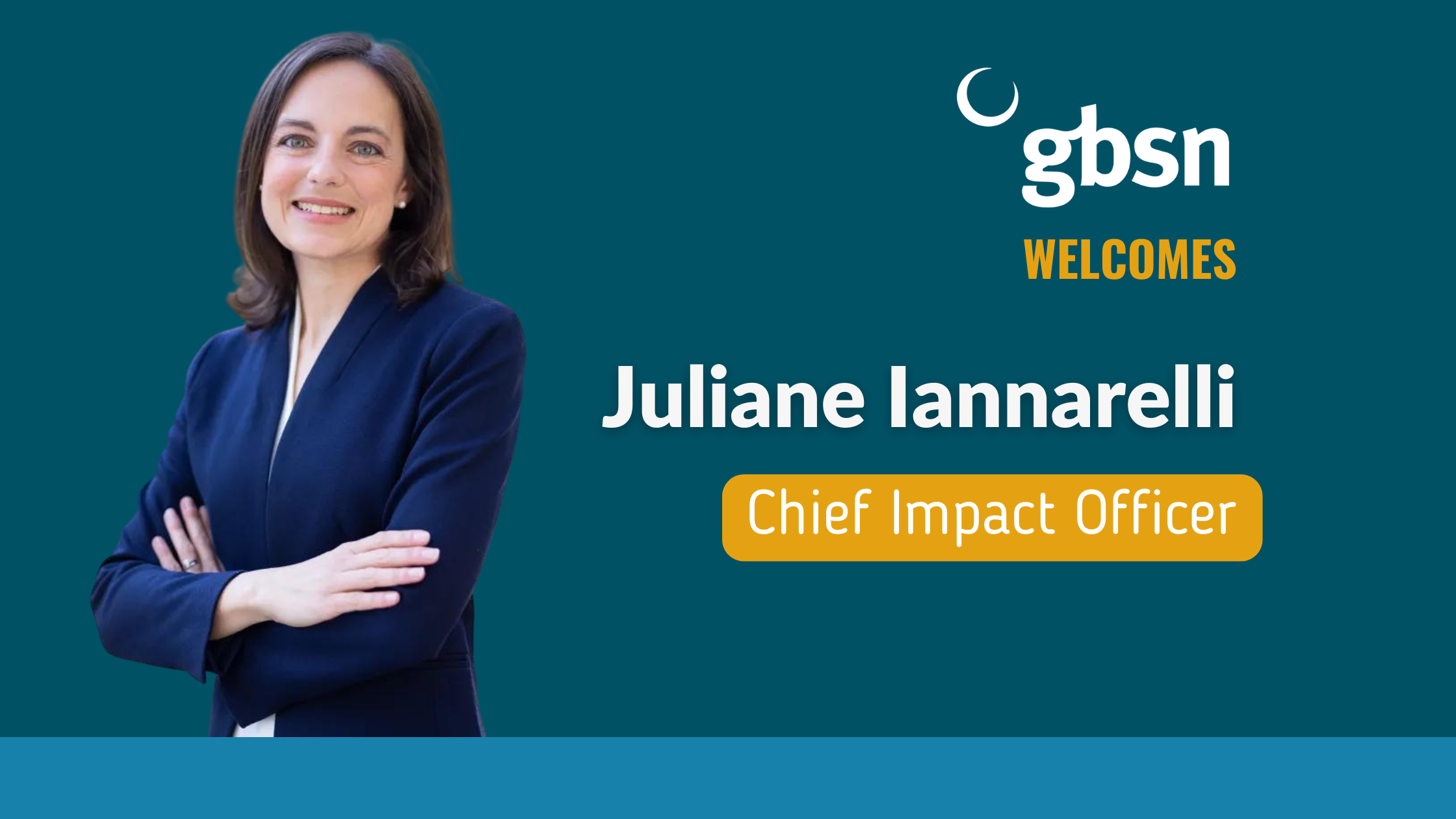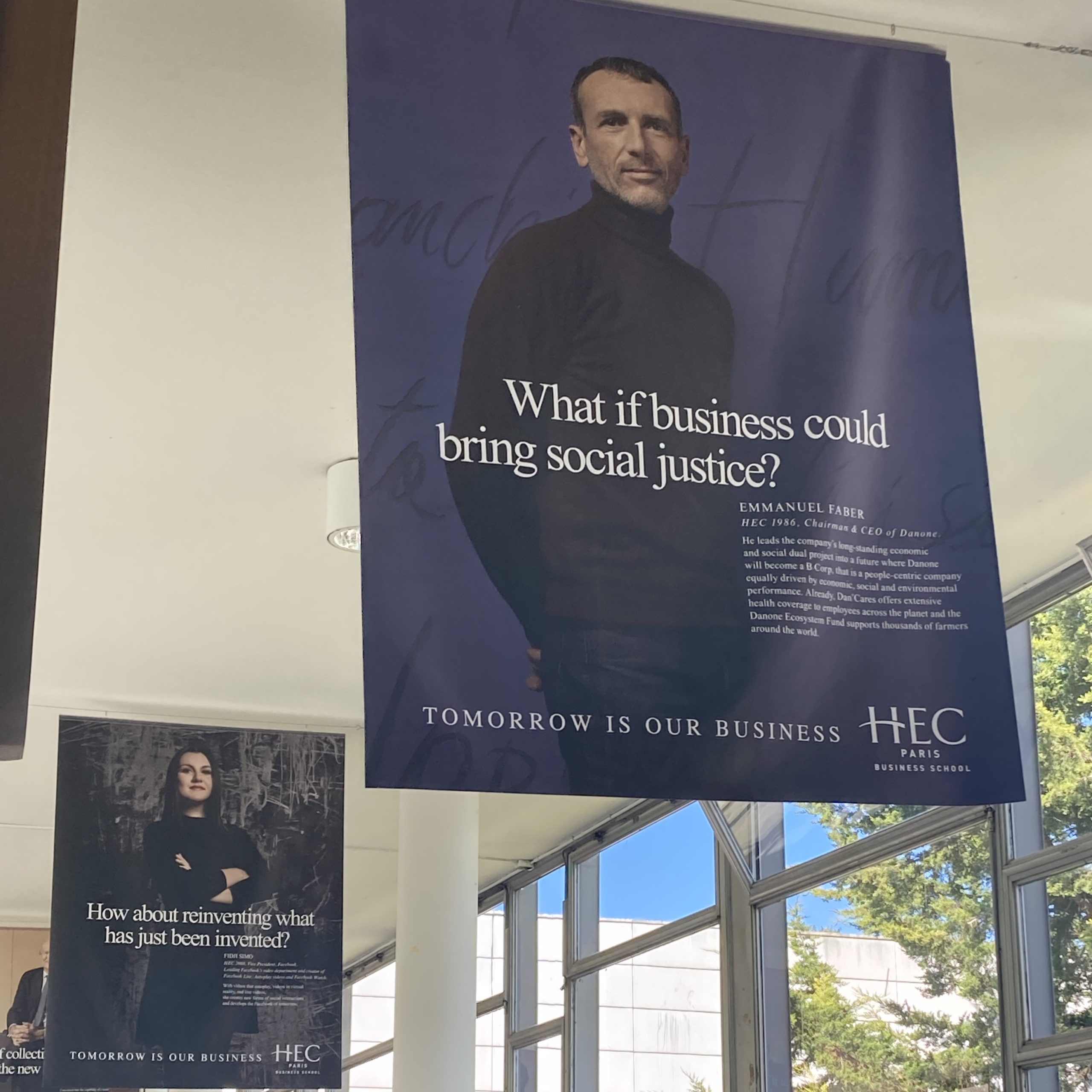At the Qatar Economic Forum last May, Owusu Akoto told the audience about a West African farmer who “loses 60 percent of everything he grows because he doesn’t have the right storage” and “sells the remaining 40 percent at a discount because of its quality.” The son and grandson of farmers in Ghana, Akoto knows all too well what these losses mean, not only for one family, but for the wider economy. As a boy, he remembers stepping on the “floor” of rotting produce and feeling his country’s fortune sink with every spoiled harvest.
Today, Akoto is doing something about it. As CEO of FreezeLink, he leads a company using cold-chain technology to build “the most comprehensive distribution network for food and medicine for The Next Billion—in Africa and beyond.” Its vision is to “be the best third-party cold chain logistics company in Africa, thereby catalyzing food security, food diversity, and broadening the availability of medicine on the Continent.”
Akoto’s story captures the transformative power of supply chains in low- and middle-income countries. Better, more effective, and efficient logistics reduce costs, expand trade, and increase access to essential goods and services. We can expand jobs in small and medium enterprises by smoothing customs processes and stabilizing inputs. We can improve health when medicines reach rural clinics before they spoil. We can slow climate change when post-harvest losses decline, since decomposing food emits methane, a potent greenhouse gas. Fixing supply chains isn’t only about moving goods and increasing or stabilizing incomes; it is also about improving lives and protecting the planet.
Supply chains can easily be taken for granted. Many of us suddenly became more aware of their importance during the pandemic. The COVID-19 disruption, semiconductor shortages, and trade tensions revealed just how fragile these systems can be. Since then, diversification, digitalization, and regional integration have become strategic priorities. Frameworks like the African Continental Free Trade Area (AfCFTA) will only succeed if local logistics systems work effectively.
While I’m not convinced it is enough (or ideally focused), investments to improve supply chains are happening across sectors. Governments are upgrading transportation and digital infrastructure to connect producers with markets. Private sector companies, like FreezeLink, are expanding logistics networks and local sourcing. Development agencies and NGOs are promoting transparency, inclusion, and resilience in food and health supply chains.
But how are business schools contributing to this effort? And how can they amplify their impact through collaboration?

Developing Talent
Nations need more than roads and warehouses for development. They need people who can manage complexity, design sustainable solutions, and lead across sectors. Business schools are developing that talent.
Many GBSN member schools have been pioneers in combining technical knowledge, teamwork skills, and ethical reasoning to prepare supply chain leaders. Location often shapes their strengths. Vienna, long a vital trading hub, is home to WU, whose supply chain programs are globally ranked. In Suzhou, China, Xi’an Jiaotong–Liverpool University draws from its position within one of the world’s most advanced logistics ecosystems. In Kenya, Strathmore Business School partners with local firms to train managers in digital operations and sustainable procurement. And in the Philippines, the Asian Institute of Management focuses on AI and its strength in analytics to offer a supply chain program to executives.
These examples show how education, when rooted in context, can address local challenges while preparing graduates for global leadership.
Generating Insights
Business schools also strengthen supply chains through research. Specialized institutions like Kühne Logistics University contribute valuable insights about logistics and sustainability. Research powerhouses with strong supply chain departments, like the Fisher College of Business at The Ohio State University contribute to our knowledge base.
Yet focusing only on global models can overlook realities such as informal markets, fragmented data, and rural infrastructure. Contextually-focused research fills these gaps. Through its African Initiative, INSEAD has produced influential studies on regional health supply chains and social logistics, helping shape public–private partnerships in Africa. Such research not only informs policy but also identifies scalable innovations that can drive development.

Convening Stakeholders
Business schools are well positioned as trusted conveners. They bring together governments, NGOs, companies, and communities to align goals and share learning.
At Universidad de los Andes School of Management in Colombia, for instance, collaboration with local farmers and logistics providers has improved coffee supply chains while balancing export competitiveness with social impact. By anchoring initiatives in local partnerships, schools build trust and continuity that extend beyond short-term projects or political cycles.
As Akoto has emphasized, solving food insecurity “requires a coalition of stakeholders.” His perspective on adaptive leadership, shaped during his MIT Legatum Center (now the Kuo Sharper Center for Prosperity and Entrepreneurship) Foundry Fellowship, underscores the vital role of collective problem-solving, which business schools can nurture through their teaching and convening power.
Collaborating Across Borders
While individual schools can make a difference, their impact multiplies when they work together. Just as the challenges of modern supply chains transcend borders, so do the opportunities to improve them.
GBSN is helping to unlock this potential. Programs such as the GoTrade Fellowship with DHL and the Social Logistics Challenge allow students from multiple countries to design business solutions for real supply chain problems. They learn by doing, benefit from experienced mentors, and test new ideas in different contexts.
We want to do more. Edinburgh Business School has stepped up to steward and support GBSN efforts, building on its experience creating logistics courses for Africa and long-established excellence in online education. Our aim is to form a global group within GBSN to strengthen supply chains for development, starting with Sub-Saharan Africa.
We want first to leverage the global network to empower business schools in Sub-Saharan Africa to build and expand contextually relevant education programs and courses, including experiential components. Next, we want to facilitate data sharing and comparative research to reveal what works across regions globally—from rural Ghana to coastal Peru to urban Vietnam. Finally, we aspire to expand efforts to convene borders as well as sectors, helping to align businesses, governments, and development agencies in critical areas.

The intent is also to connect this with efforts to improve human rights education in business schools, led by NYU Stern School of Business and the Geneva School of Economics and Management, as well as with other centers of excellence, such as Hanken School of Economics in Humanitarian Logistics and Tongji University in managing large-scale infrastructure projects.
With GBSN’s help, we believe that business schools can act not only as educators but as ecosystem leaders, helping coordinate the flow of knowledge, talent, and innovation that makes supply chains both stronger and more inclusive.
Looking Ahead
This November, both Akoto and a representative from Edinburgh Business School will join us at GBSN Beyond in Accra to continue this conversation. Akoto’s journey, from roaming family farms as a child in Ghana, to leading one of Africa’s most ambitious logistics ventures, illustrates why collaboration among business schools matters. When we connect ideas and institutions across borders, we empower the next generation of leaders to solve problems that no single organization or country can solve alone.










